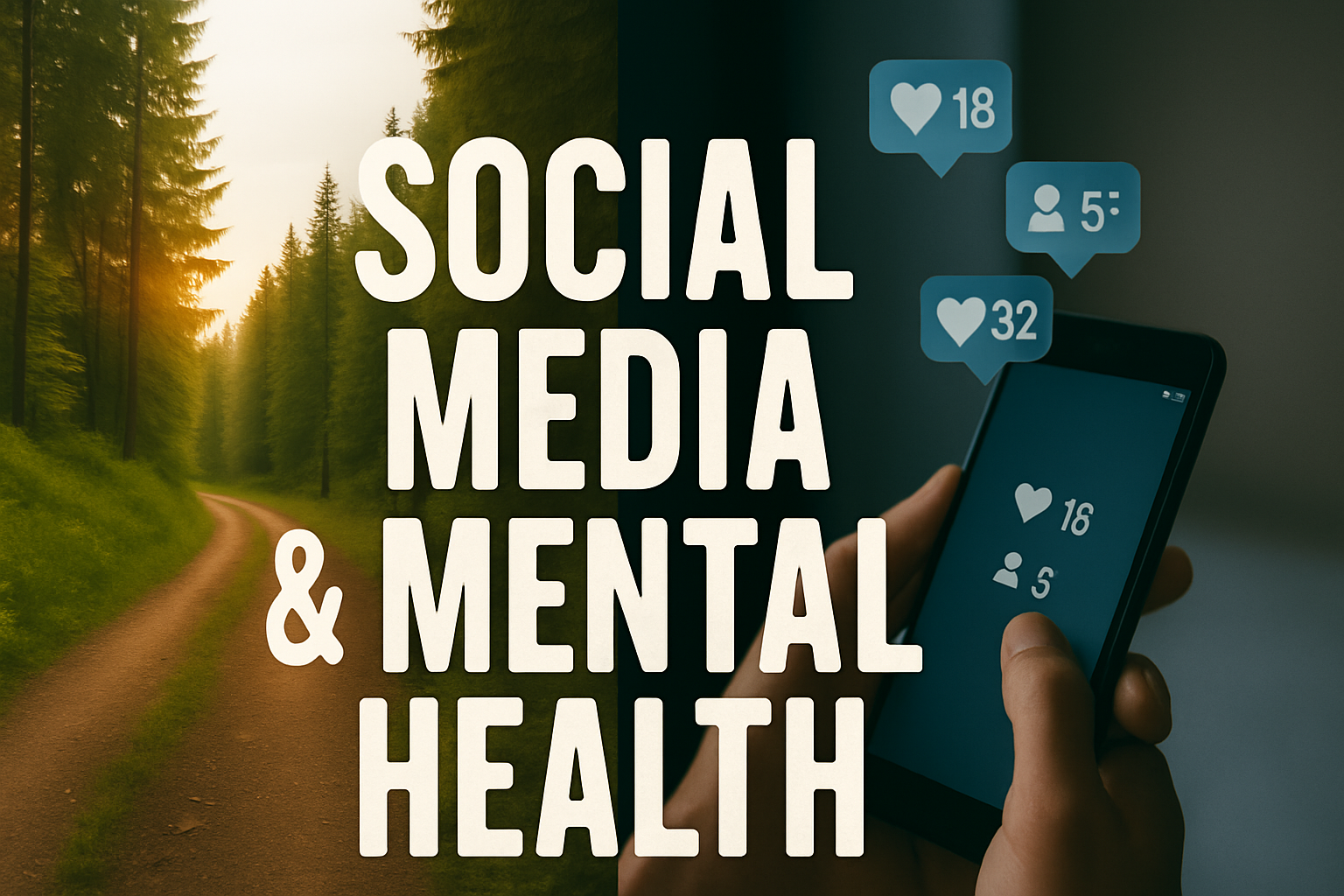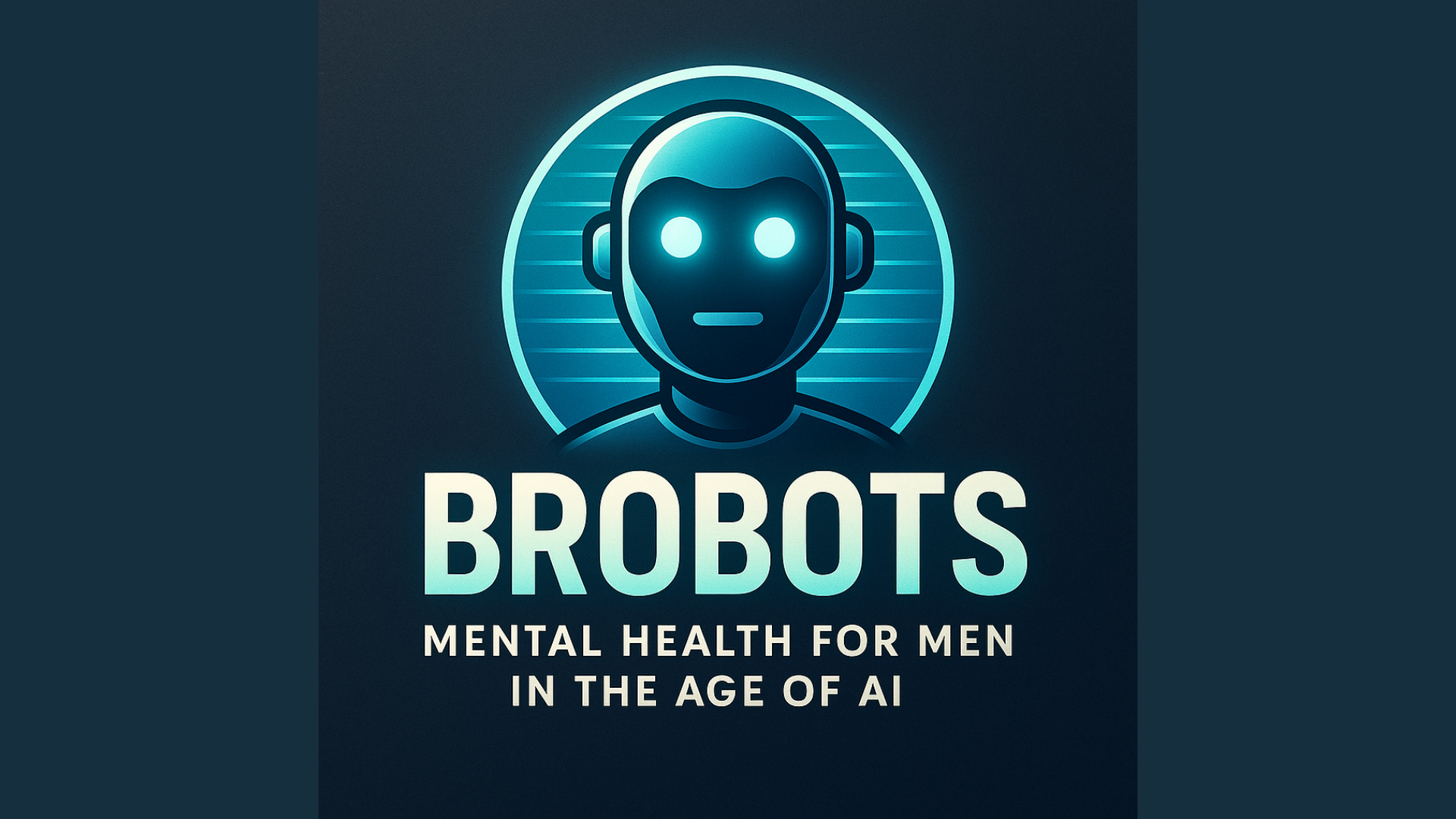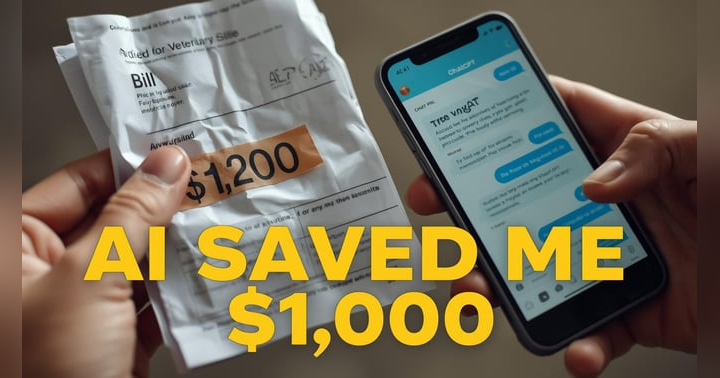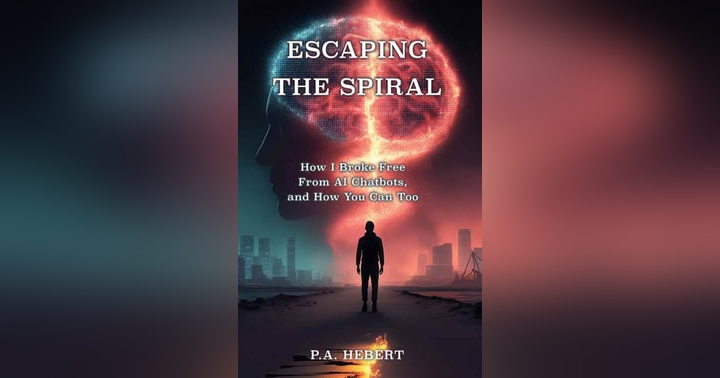How to Escape Social Media's Mental Health Trap (Before It's Too Late)

The Brutal Wake-Up Call That Changed Everything
Your phone is eating your soul, and you're probably too addicted to notice.
I realized this during a recent hike with some guys I barely knew. Three hours in the woods, real conversations about real struggles, buying houses, rising costs, the daily grind of just getting by. No productivity gurus telling us we should be "crushing it." No algorithmic feeds are making us feel inadequate.
Just humans being human.
The mental health boost was immediate and undeniable. Meanwhile, I'd spent months scrolling through social media "for research," consuming endless streams of overnight success stories and seven-figure promises. The contrast was jarring: a genuine human connection provided more peace than any digital interaction ever had.
Why Your Brain Can't Handle Social Media
According to recent studies, the average person spends over 2.5 hours daily on social platforms, which is nearly 1,000 hours annually of comparison, distraction, and digital manipulation.
Your brain evolved for small tribal groups, not global comparison contests. When you scroll through feeds seeing everyone's peak moments, your ancient psychology triggers fight-or-flight responses designed to keep you alive in the wild. Social media companies know this. They deliberately exploit evolutionary psychology to keep you addicted.
The Theater Experiment: How We Choose Isolation
Last week at a Broadway show, I looked around during intermission. Every person was staring at their phone instead of talking to the humans next to them. We're literally choosing digital stimulation over real connection, then wondering why loneliness rates are skyrocketing.
This isn't accidental. Notification systems are designed by addiction specialists. Every ping is calculated to steal your present moment and redirect your attention to advertising revenue streams. You're not the customer, you're the product being sold.
The Multi-Tool Metaphor for Mental Health
Here's what most people get wrong about depression and anxiety: they're not broken systems that need fixing. They're evolutionary tools that once kept us alive. Depression often signals when we're in toxic situations. Anxiety warns us about potential threats.
The problem isn't these emotions; it's how social media hijacks them for profit. Instead of using anxiety to motivate genuine self-improvement, we scroll through feeds that make us feel worse about ourselves. Instead of letting depression guide us away from harmful situations, we doom-scroll through content designed to keep us engaged through negative emotions.
You contain multitudes. You're not just anxious or just depressed. You're complex, evolving, and capable of growth when you stop letting algorithms define your identity.
The Philosophy That Beats Productivity Porn
Marcus Aurelius figured out happiness 2,000 years ago without a morning routine, a life coach, or $6,000 course. Ancient philosophers understood what modern self-help gurus have forgotten: peace comes from accepting who you are, not performing who you think you should be.
Social media encourages the opposite. It profits from your dissatisfaction. Every productivity guru needs you to feel broken so you'll buy their solution. Every comparison post needs you to feel inadequate so you'll keep consuming content.
Personal story: I've been practicing what my therapist calls "radical acceptance", the idea that I don't have to be anyone else for anyone else. At social events, I'm learning that I don't need to be the funniest person in the room. I can just exist as I am. The relief is profound.
This episode explores these themes in detail, offering practical strategies for digital detox without the typical all-or-nothing approaches that never work long-term. You can get it at brobots.me.














